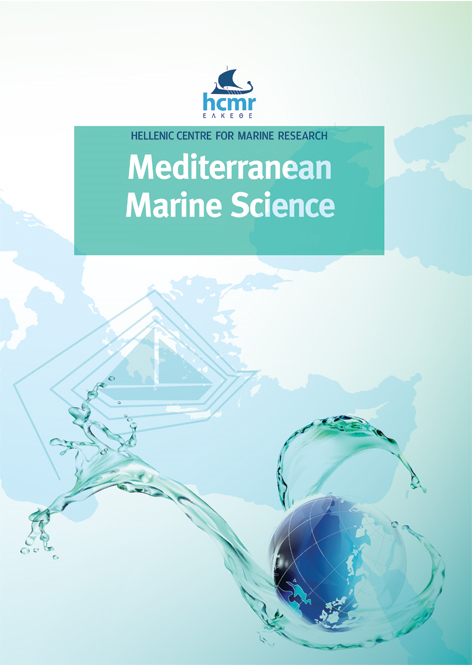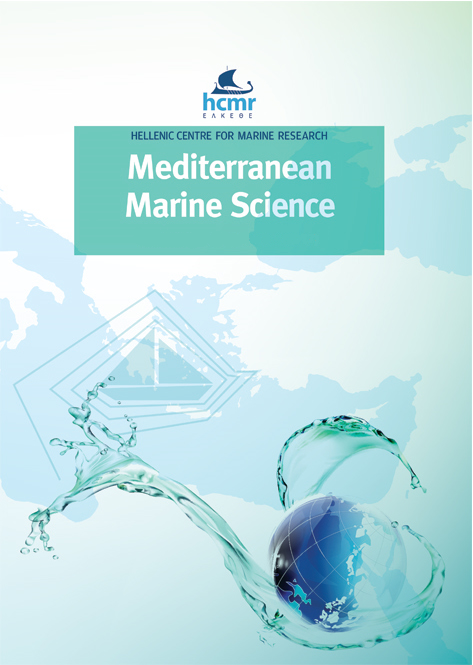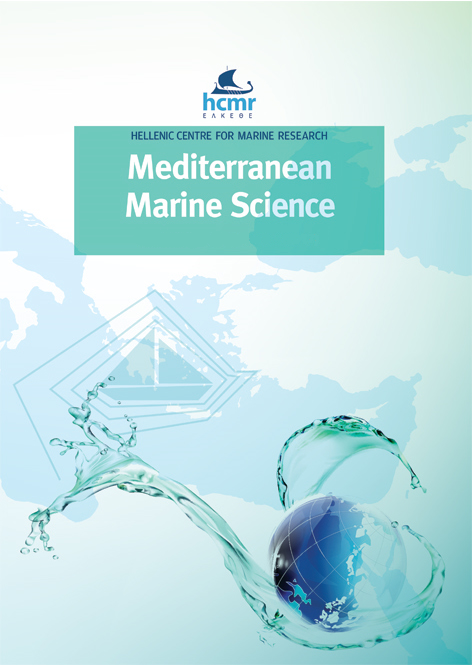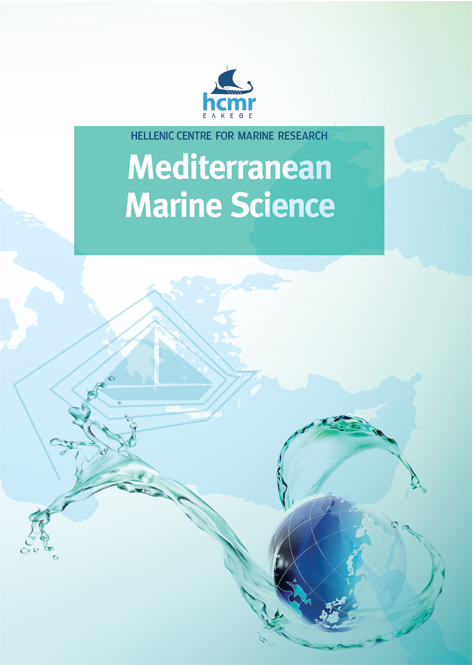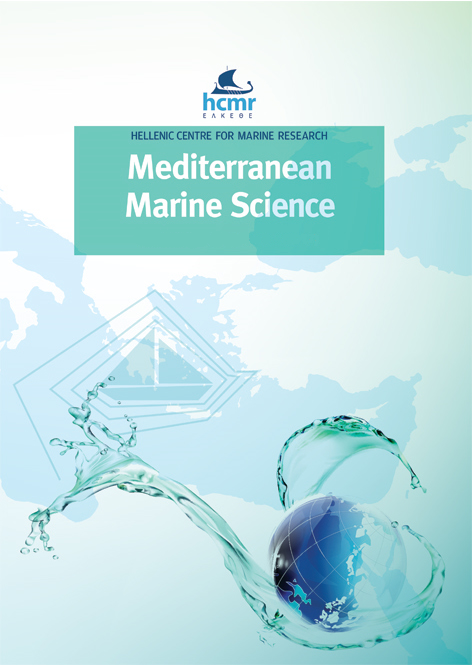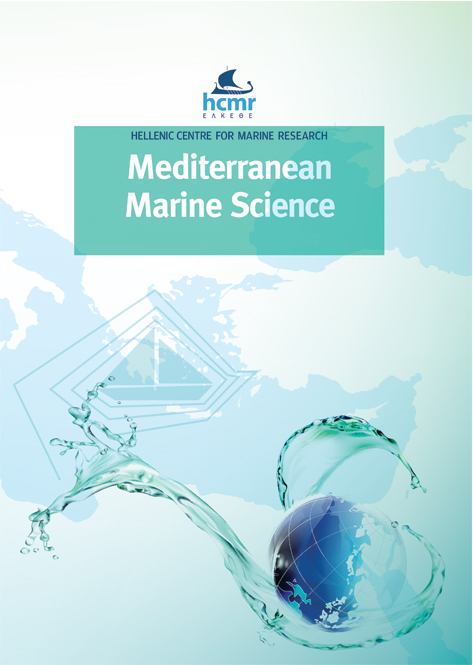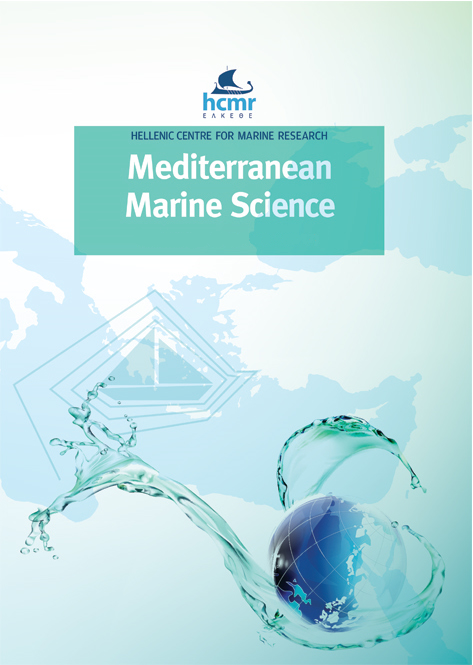Social media: a valuable tool to inform shark conservation in Greece
Аннотация
Sharks in the Mediterranean Sea are facing an elevated risk of extinction; several species are considered endangered and some
have been reduced to such low population numbers that they are hard to detect through conventional monitoring methods. The recent
emergence of new technologies, such as social media, makes it easier to collect and transmit information that may contribute
to the conservation of endangered species. From 2017 – 2019 we carried out a project in Greece that searched social media (i.e.
Facebook, Twitter and YouTube) postings with the aim of collecting data on the occurrence and basic biological parameters of
sharks in the country and their interactions with fisheries. We recorded 116 social media postings referring to sharks in Greece, of
which, 100 were identified to the lowest taxonomic level; sixty four percent of these postings referred to threatened sharks, while
the majority of them referred to species that had not been evaluated for the Greek Red Data Book. Sharks occurred throughout
the country, were often involved in negative fishery interactions and were rarely reported to have been released back to the sea.
Endangered sharks were often misidentified as commercially valuable species. Our study highlights the importance of social media
as a valuable tool in collecting baseline information, while identifying and/or focusing on important conservation issues about
sharks in Greece.
Article Details
- Как цитировать
-
TAKLIS, C., GIOVOS, I., & KARAMANLIDIS, A. A. (2020). Social media: a valuable tool to inform shark conservation in Greece. Mediterranean Marine Science, 21(3), 493–498. https://doi.org/10.12681/mms.22165
- Выпуск
- Том 21 № 3 (2020)
- Раздел
- Short Communication
Authors who publish with this journal agree to the following terms:
- Authors retain copyright and grant the journal right of first publication with the work simultaneously licensed under a Creative Commons Attribution Non-Commercial License that allows others to share the work with an acknowledgement of the work's authorship and initial publication in this journal.
- Authors are able to enter into separate, additional contractual arrangements for the non-exclusive distribution of the journal's published version of the work (e.g. post it to an institutional repository or publish it in a book), with an acknowledgement of its initial publication in this journal.
- Authors are permitted and encouraged to post their work online (preferably in institutional repositories or on their website) prior to and during the submission process, as it can lead to productive exchanges, as well as earlier and greater citation of published work (See The Effect of Open Access).

